Project Overview
Language diversity is in peril: today some 7,000 languages are spoken and signed around the world, but acute challenges facing linguistic communities—from forced assimilation to political exclusion—could make 3,000 of those languages fall silent by the end of this century. Such a loss would take a tragic toll upon our collective spiritual, cultural, and ecological knowledge. In response, Wikitongues seeks to build a “language revitalization accelerator” that gives marginalized people resources to launch mother-tongue projects in their communities. By equipping individuals to document, teach, and promote their languages, the project strengthens intergenerational heritage, cultivates self-expression, and builds community resilience. Research shows, for example, that language revitalization promotes better mental health and stronger outcomes in early childhood education. And because Indigenous languages encode expressions reflecting delicate ecosystems, sustaining threatened languages directly supports biodiversity and resource conservation. Through interlocking strategies of language documentation, revitalization, and activism, Wikitongues shows how promoting language justice can forge needed connections for people and the planet. “In preserving and understanding what makes us different,” noted Wikitongues cofounder Daniel Bögre Udell, “we may come to understand what makes us the same.”
Five Questions
Learn more about this project
Meet our other 2021 awardees
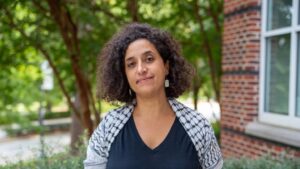
North Carolina (Operating nationwide)
Every Campus A Refuge leverages the sizable resources of colleges and universities to provide a stronger, more dignified landing for refugees.
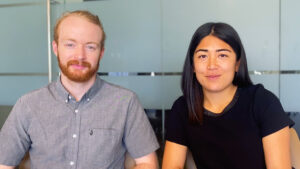
District of Columbia (Operating nationwide)
Cambium Carbon upcycles fallen urban trees, growing green jobs while building equitable cities and mitigating climate change at scale.
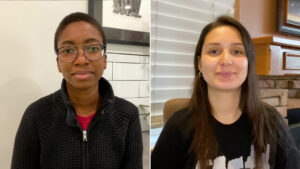
Esperanza Dillard &Talila "TL" Lewis
Nationwide
HEARD’s trauma-informed reentry program provides healing, empathy, and justice for deaf/disabled people who have been harmed by the carceral system.
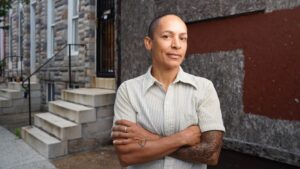
Maryland
Homeownership and construction skills-building come together as a platform that centers Black women, reclaims historic homes, and sparks neighborhood-scale change.
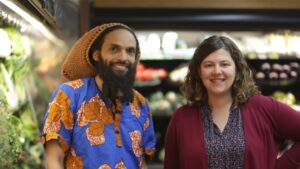
Ohio
Co-op Dayton builds community- and worker-owned cooperatives that center Black workers, expand democratic participation, and renew long-neglected neighborhoods.
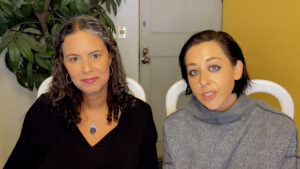
Ariel Koren &Fernanda de Oliveira Silva
California (Operating globally)
Respond provides trauma-informed, life-critical translation and interpretation services to asylum seekers and anyone needing language support in contexts of crisis.
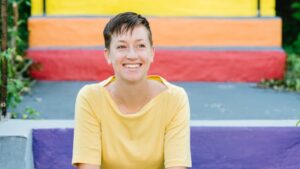
Wisconsin (Operating nationwide)
Driven by a reparations ethic, Nuns & Nones collaborates with Catholic sisters to invest their land and assets in regenerative land stewardship.
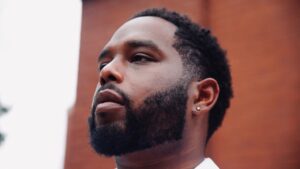
Missouri
The Black-led Freedom Community Center holistically integrates restorative justice with personal healing and broad-based advocacy to transform communities.
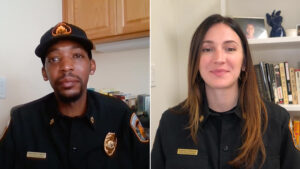
Forestry and Fire Recruitment Program
California
A promising California model builds a pipeline of needed wildland firefighters by forging career pathways for individuals formerly incarcerated in “Fire Camps.”

 Learn More
Learn More